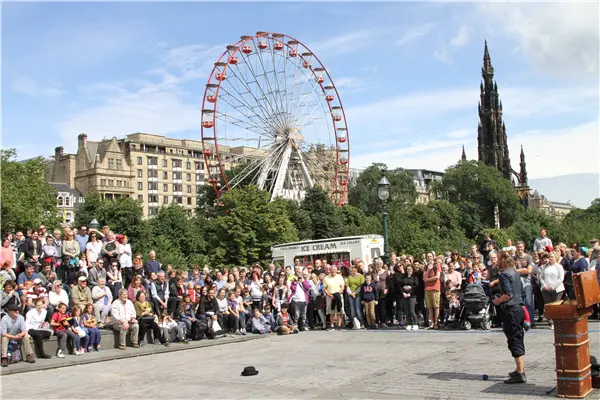Angela Merkel has intervened in a row over a gas pipeline due to run from Russia to Germany, telling Vladimir Putin he cannot exclude Ukraine from the transit route.
The German chancellor has set herself up for a confrontation with the Russian president over the Nord Stream 2 project amid concerns Putin is attempting to increase western Europe’s dependency on Russian gas at the same time as eroding Ukraine’s importance in the project.
Speaking at a meeting with the Ukrainian president, Petro Poroshenko, in Berlin on Tuesday, Merkel said: “It cannot be that Ukraine plays no significance with regards to the transit of gas.”
She said she had made her views clear to Putin during a telephone conversation on Monday. “I made very clear that a Nord Stream 2 project is not possible without clarity over the future transit role of Ukraine. So as you see, it’s not just an economic issue but there are political considerations as well.”
Germany, as well as other countries in northern Europe that see the benefits of increased gas supplies, has so far been a strong backer of the project, which would double the current Nord Stream pipeline’s annual capacity of 55bn cubic metres.
Ukraine could expect to earn around $3bn a year from transit fees, which Germany has stressed would provide a valuable source of income for a country whose economy has been battered by conflict with pro-Russia separatists.
Merkel admitted there was no avoiding Europe’s dependence on Russian gas. But Ukraine had to retain its strategic significance in the transit of that gas, she stressed.
Nord Stream 2 was established to bring additional supplies from northern Siberia via a shorter route than the existing one, which would help to keep costs down.
The Russian gas giant Gazprom is overseeing a partnership of European companies to build a 750-mile (1,200km) pipeline on the bed of the Baltic Sea to bring gas from the Yamal peninsula up to the German coastal town of Greifswald, from where it would be fed into the European grid. Licensing procedures in the participant countries are currently under way, with construction due to be completed in 2019.
The first Nord Stream pipeline, which began operating in 2011, is run by Gazprom together with German, French, Dutch and Austrian energy companies.
The Ost-Ausschuss, which represents the business interests of German companies in Russia that have already invested more than €4bn (£3.5bn) in the project, said confidence in the scheme would be weakened if its legal basis was changed for political reasons.
Before of his Berlin visit, Poroshenko, called Nord Stream 2 a “purely political project, aimed to finance Russia”. Last month in a separate interview he referred to the backers of Nord Stream 2 as “Russia’s accomplices in its hybrid wars”.
(THE GUARDIAN)
 简体中文
简体中文

